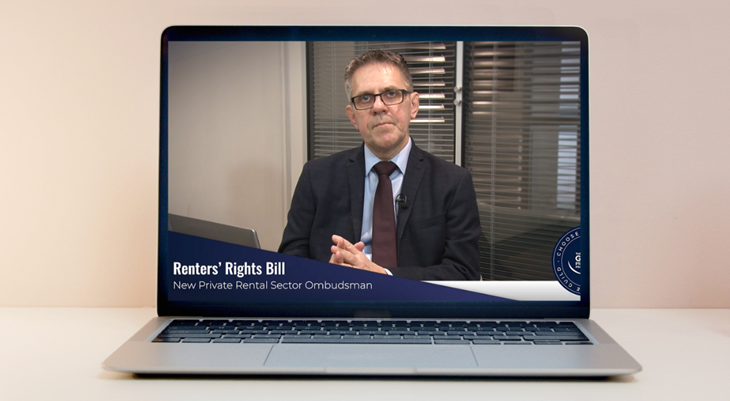Checking AML status and procedures will help agents avoid penalties
When it comes to Anti-Money Laundering (AML), an aspect that often catches many agents out is AML supervision registration. According to Paul Offley, Compliance Officer at The Guild of Property Professionals, a business’s AML supervision application needs to be renewed annually, however, it is possible that the renewal is missed, and the agent’s status lapses as a result.
“As part of an agent’s compliance control checks, it is important that they review their supervision status to ensure the renewal hasn’t been missed resulting in the business having an unsupervised status, as this is when the agent will start to accrue penalties. HMRC has been known to issue substantial fines to non-compliant businesses, so it is imperative that agents check that their policies and supervision status are up-to-date and correct,” adds Offley.
He notes that the responsible Money Laundering officer within the agency should login into their Government Gateway account to check that their AML supervision status is showing as either ‘supervised’ or ‘pending but able to trade.’
Offley advises that the next step is to review emails to ensure there are no missed or unattended messages from HMRC. Once both this and any other required actions are up to date, agents can be confident that their supervision status is accurate and confirmed.
“Other AML compliance checks agents should carry out include reviewing their AML Business Risk Statement," explains Offley. "This is not the same as the AML policy but is a document prepared by the agent that reflects the types of transactions and customers they handle. It’s a governance document which must be reviewed annually to ensure it still accurately represents the business's operations. If it's outdated, it should be updated accordingly."
Follow the review of their Business Risk Statement, agents should examine their AML policy. "This document outlines how the agency will comply with HMRC's AML guidance, detailing how checks are performed, who is checked, and the overall process. If procedures within the business change, the policy must be updated to reflect these changes. Business owners should take the time to read through it carefully to ensure it accurately represents current practices. It's a good idea for all staff within the agency to review the policy annually and confirm in writing that they have done so."
As a responsible person (as termed by HMRC), business owners must also demonstrate the training provided to staff over the year. "Owners should keep a record of all training attended by staff, including the date, the instructor, and the content. This could be internal briefings, webinars, or articles related to AML, as long as it’s properly documented," Offley advises.
In conclusion, Offley says that control testing will ensure that the business’s AML policy is being implemented effectively. This can be done quarterly or monthly by reviewing a sample of transactions to check legal ownership, risk assessments, PEP checks, financial sanctions, ID verification, and the source of funds. A spreadsheet tracking whether each transaction meets the required standards is helpful. If any gaps are identified, there should be evidence of corrective action. Having a clear record of control testing shows that the policy is working.





